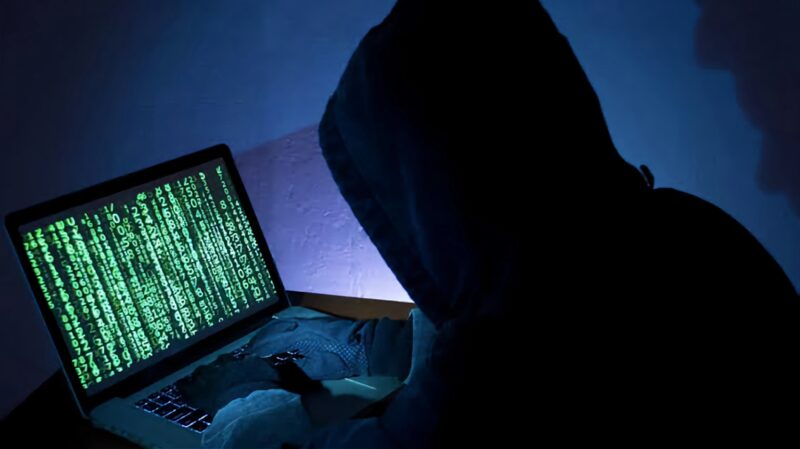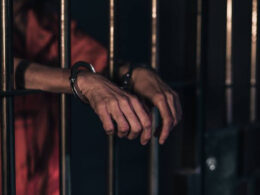Ukrainian hackers targeted multiple Russian state television and radio channels on October 7th, 2024, President Vladimir Putin’s 72nd birthday.
The cyberattack took down online broadcasts of at least 20 state-run broadcasters, including prominent channels like Rossiya-1, Rossiya-24, and Kultura. The disruption, which also impacted radio stations such as Vesti FM and Mayak, marks one of the most significant digital assaults on Russian media infrastructure since the onset of the war in Ukraine.
The attack appears to have been timed deliberately to coincide with Putin’s birthday. According to an official in Kyiv familiar with the operation, Ukrainian hackers saw the timing as an opportunity to deliver a pointed “birthday message” to the Russian leader.
The anonymous group behind the hack, known as “Sudo rm-RF,” claimed responsibility for the attack, describing it as part of ongoing efforts to disrupt Russian digital systems.
While the attack’s full scope and the extent of the damage are still unclear, its immediate effects were felt across Russia. The affected broadcasters provide millions of Russians with war-related news and updates, making the timing and execution of this attack particularly striking.
Russia’s VGTRK, the state media holding company, confirmed the cyberattack early on Monday, calling it an “unprecedented” strike on their online services. They acknowledged that the attack crippled major news channels, including Rossiya-24, which is considered a key source of information on the war in Ukraine for Russian citizens. The disruption halted both live and archived broadcasts, affecting how Russians consumed news for several hours.
In response, VGTRK stated that they were working around the clock to mitigate the damage and restore services. Kremlin spokesperson Dmitry Peskov expressed concern over the attack and reassured the public that “colossal efforts” were being made to trace and counter the hackers.
The cyberattack has also spurred Russia to point fingers at broader geopolitical forces. Maria Zakharova, spokesperson for the Russian Foreign Ministry, suggested that the attack was part of a larger “hybrid war” being waged by the “collective West” against Russia.
She did not explicitly accuse any specific country or organization but indicated that Russian media outlets have increasingly become targets in the ongoing conflict. Zakharova also vowed that Moscow would raise the issue at international forums such as UNESCO, emphasizing Russia’s intention to discuss the attack within the context of global cybersecurity.
Cyber warfare has emerged as a crucial battleground in the Russia-Ukraine conflict, with both sides targeting each other’s critical infrastructure. Since the beginning of the war in 2022, Ukrainian hackers have frequently launched attacks against Russian digital assets, including government websites, media platforms, and military systems.
Conversely, Russian hacker groups have been equally aggressive, carrying out numerous cyberattacks on Ukrainian power grids, communication networks, and financial institutions.
This latest incident, however, marks one of the most high-profile cyberattacks against Russian state media, significantly affecting broadcasters that are key to the Kremlin’s narrative management. The hack not only disrupted news broadcasts but also raised questions about the vulnerabilities within Russia’s cyber defenses.
The attack comes at a time when tensions between Russia and Ukraine continue to escalate on multiple fronts. The use of cyberattacks has become an integral part of the war, targeting the morale of both populations and disrupting state communications. For Ukraine, these digital strikes serve as a way to retaliate without deploying troops or engaging in direct military confrontation.
For Russia, however, the cyberattack on its state media is a symbolic blow. The Kremlin heavily relies on state-controlled news channels to shape public opinion and support for the war in Ukraine. Any disruption to these channels undermines its ability to control the narrative, especially on important occasions like President Putin’s birthday.
In response to the attack, Russia is likely to intensify its efforts to secure its digital infrastructure. As cyber warfare becomes an increasingly vital front in the broader conflict, both countries will continue to invest in cyber defense mechanisms.
The Kremlin, in particular, will be wary of further attempts to target its state-controlled media outlets, which play a pivotal role in maintaining public trust in the government.
The incident is also expected to provoke international discussions on the role of cyberattacks in warfare. With Russia set to raise the issue at global forums like UNESCO, the international community will need to address the legal and ethical implications of such attacks, especially when they target media outlets.










Join our Channel...